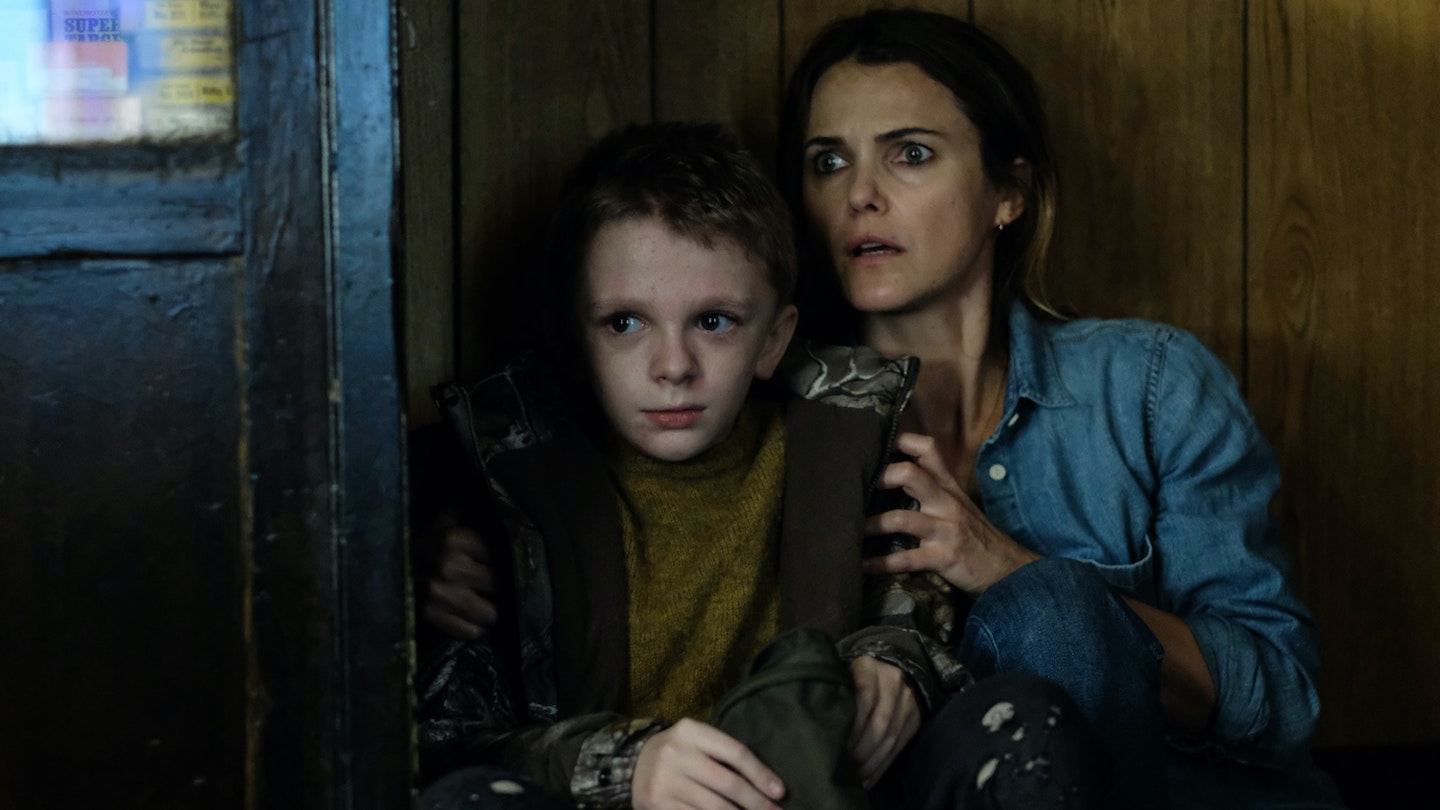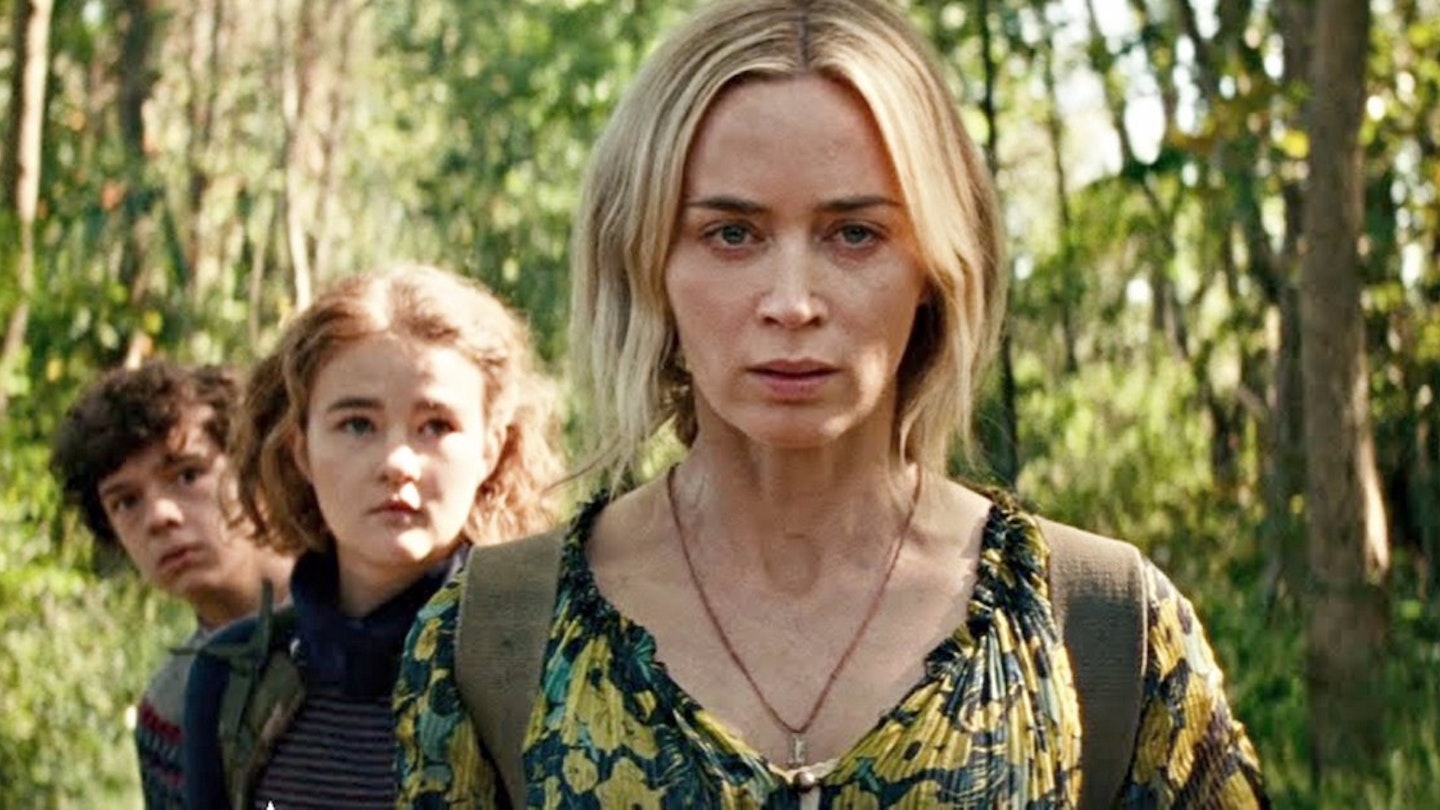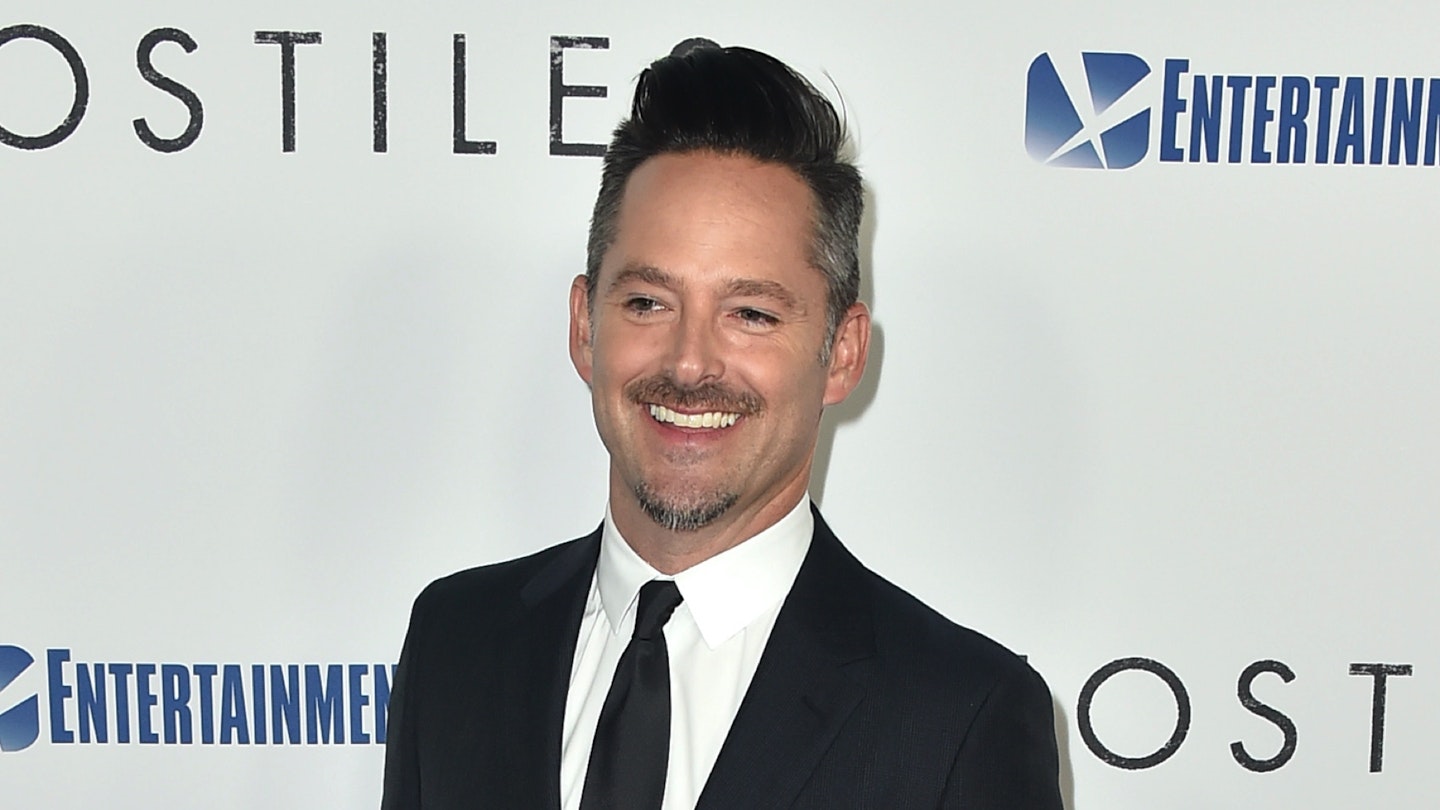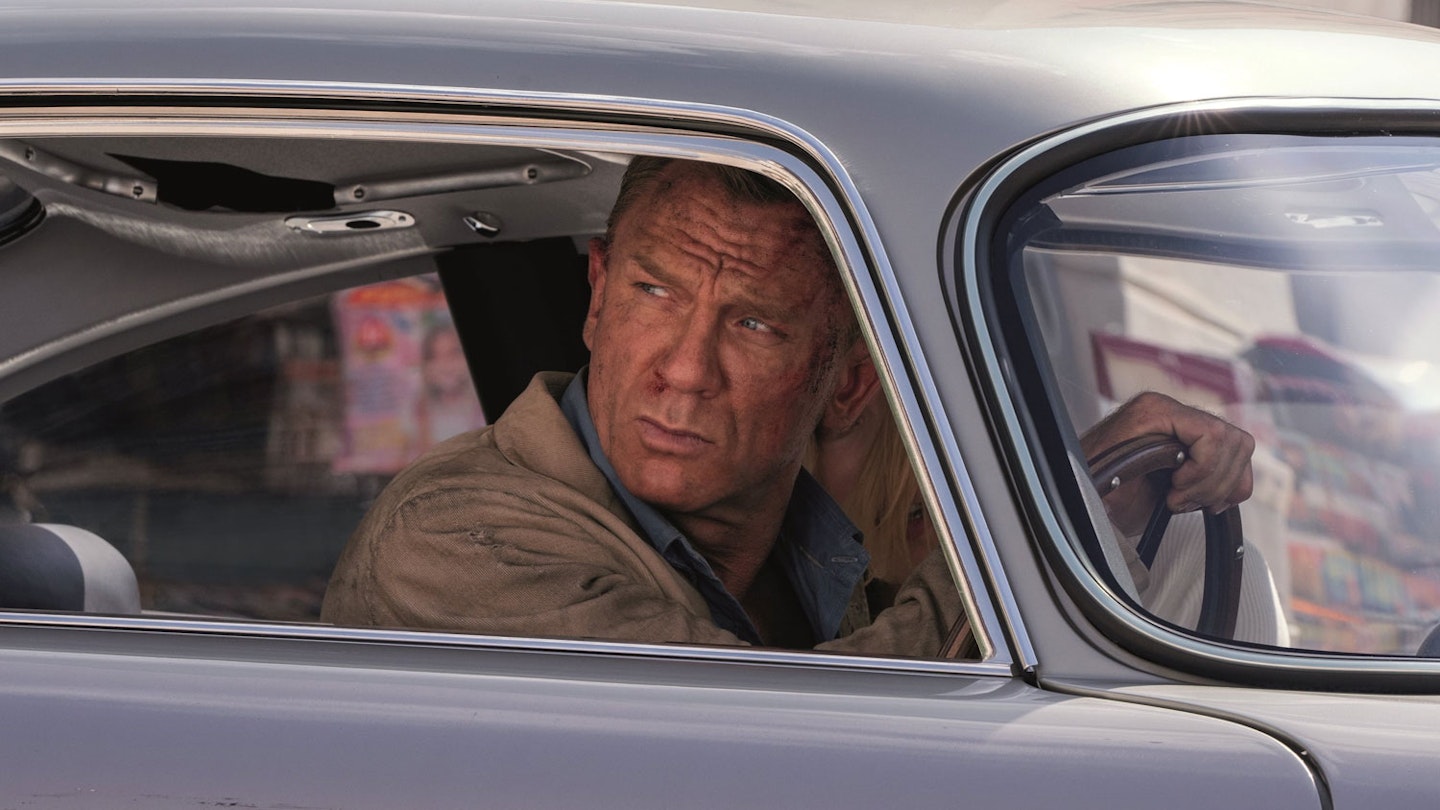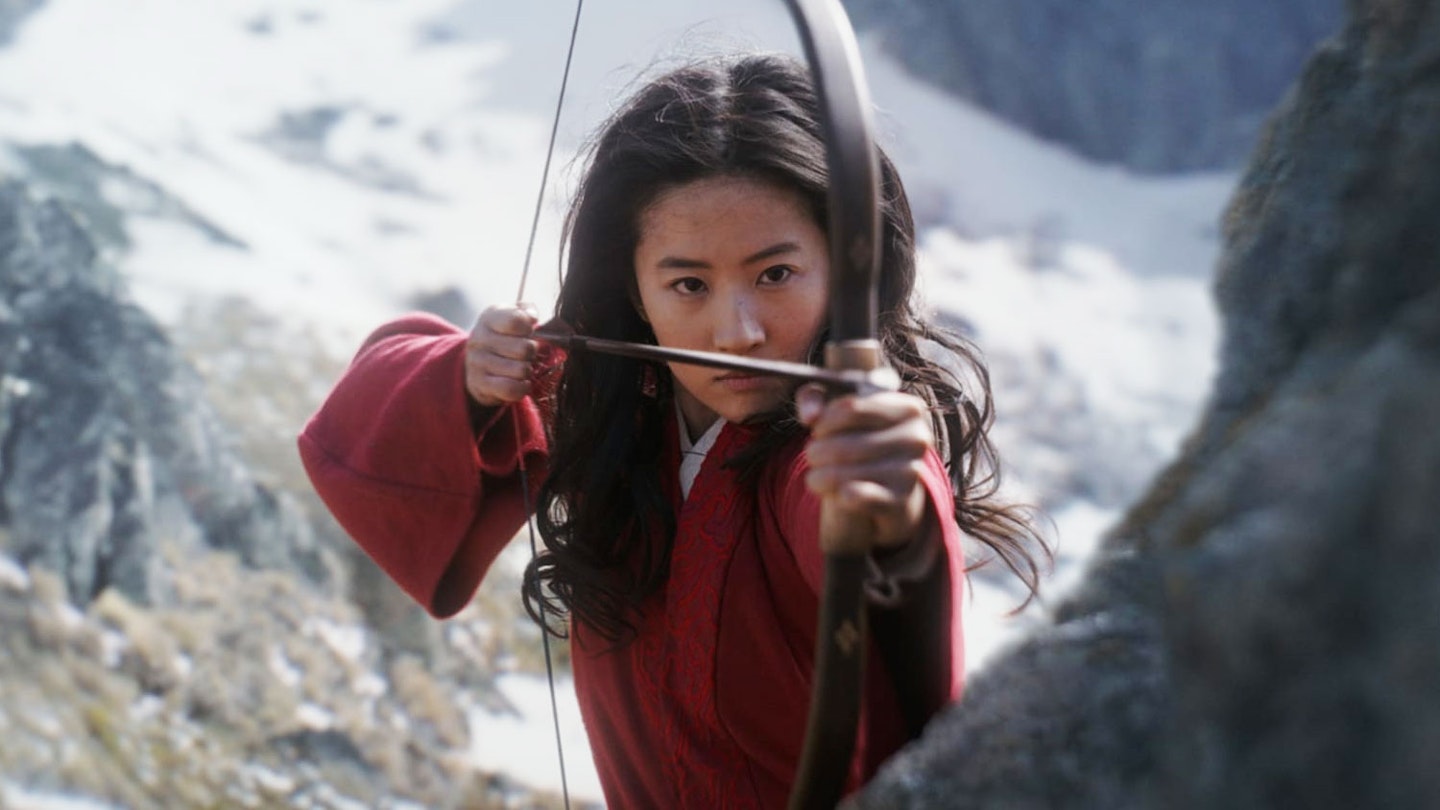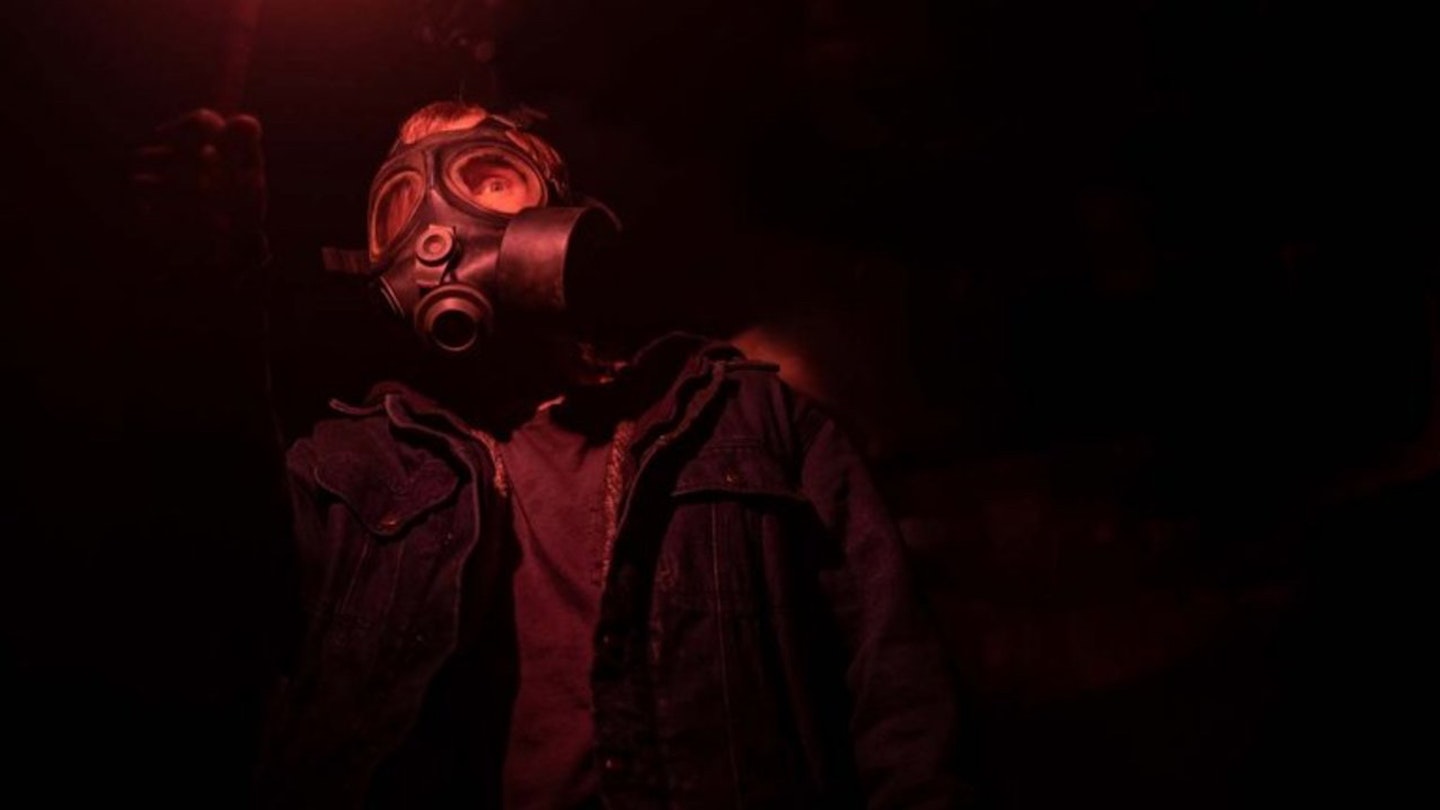All credit to Scott Cooper. Most serious, capital-F Filmmakers wouldn’t dare to take a right-turn into all-out creature-feature territory. But with Antlers, the writer and director – more known for fare such as country singer story Crazy Heart and 2017’s nuanced Western Hostiles – conjures a humanistic but full-blooded monster movie that doesn’t hold back on steaming entrails and horned horrors.
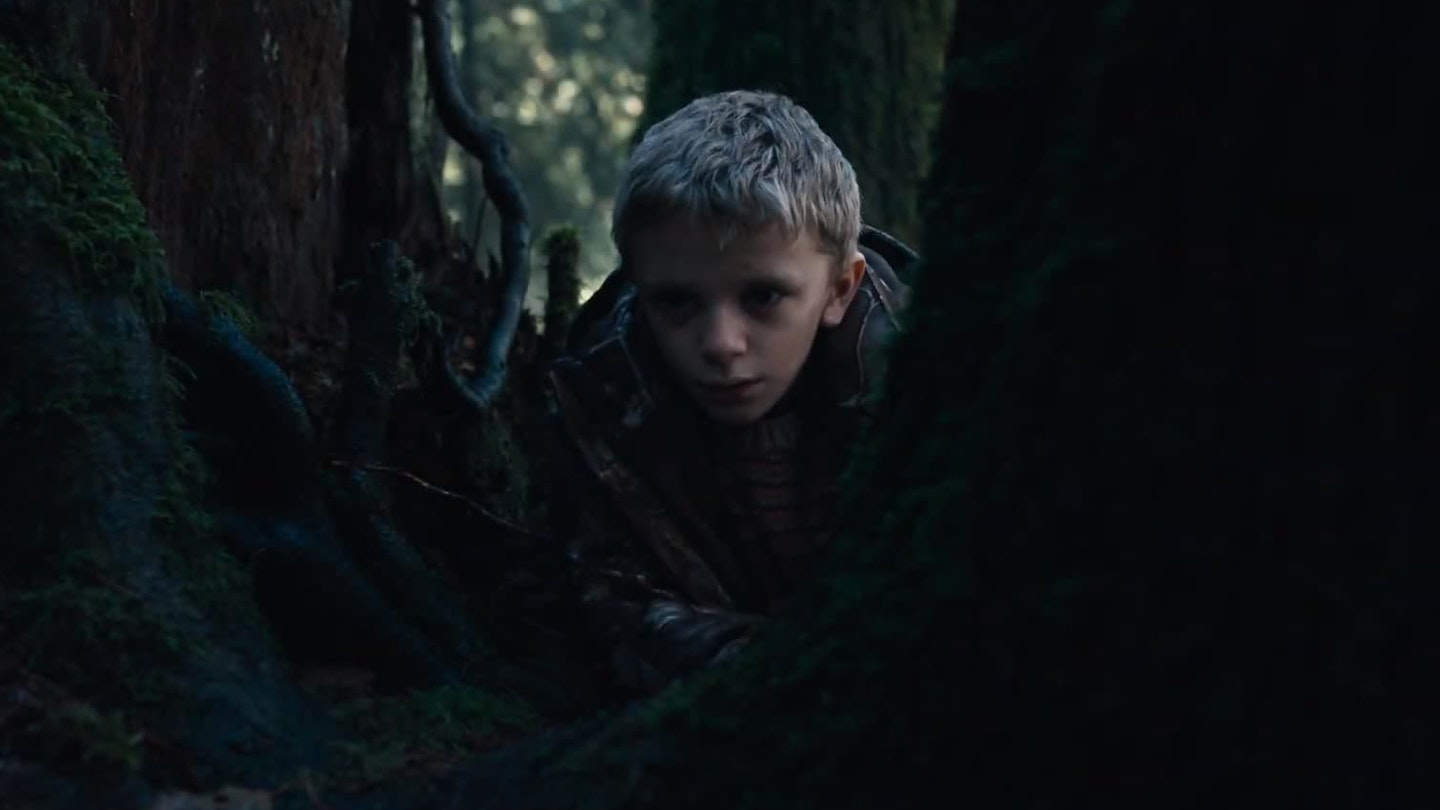
As a filmmaker with a propensity for examining American iconography, Cooper turns his attention to neglected industrial communities here. Central kid Lucas (an excellent Jeremy T. Thomas) is a poverty-stricken youngster living in a dilapidated Oregon town where work has all but dried up. His character fits neatly into executive producer Guillermo del Toro’s tradition of children experiencing the world’s hardships through a supernatural lens (see Pan’s Labyrinth) – dealing with his dad Frank’s (Scott Haze) substance abuse, and soon facing worse horrors when a close encounter of the disturbed kind in the local coal mine has Frank undergo a terrifying transformation. Lucas quickly finds himself caring for – and desperately fearing – his increasingly unstable father, leading school teacher Julia (Keri Russell) to assume he’s facing abuse at home, having also experienced cruelty in her own childhood.
When it comes to the monster stuff, Scott Cooper doesn’t skimp.
Cooper smartly interweaves the real-life spectres of neglect and addiction with his metaphorical beasts. The result is a sombre, slow-burning film that’s part monster movie, part psychological drama, part straight-up gooey gorefest – impressive in its atmospheric evocation of a bleak, hopeless existence.
But if anything, Cooper overreaches here – by invoking a specific piece of Native American folklore, the admirable anti-colonialist themes at play often feel simplistically conflated with the film’s critiques of how capitalism fuels both greed and inequality. While those forces are in some ways linked, Antlers feels cleaner in its exploration of hardscrabble white working-class communities than when it gestures towards the United States’ violent origins – the latter not quite getting the breathing room it needs. And, if the deliberately slow pacing is largely effective, audiences will often feel several steps ahead of the characters in their understanding of what’s actually happening – a somewhat frustrating experience.
When it comes to the monster stuff, though, Cooper doesn’t skimp. The creature effects are impressively gnarly, with some visceral transformation sequences, stylishly captured by cinematographer Florian Hoffmeister and showing the audience just the right amount to stir up nightmares. There’s a Kingian flavour to this story of kids, corruption and Native American mythology in small-town America – which, combined with Cooper’s assured filmmaking and sharing del Toro’s sympathetic supernatural sensibilities, makes for a worthy balance of beastliness and bleak humanity.
